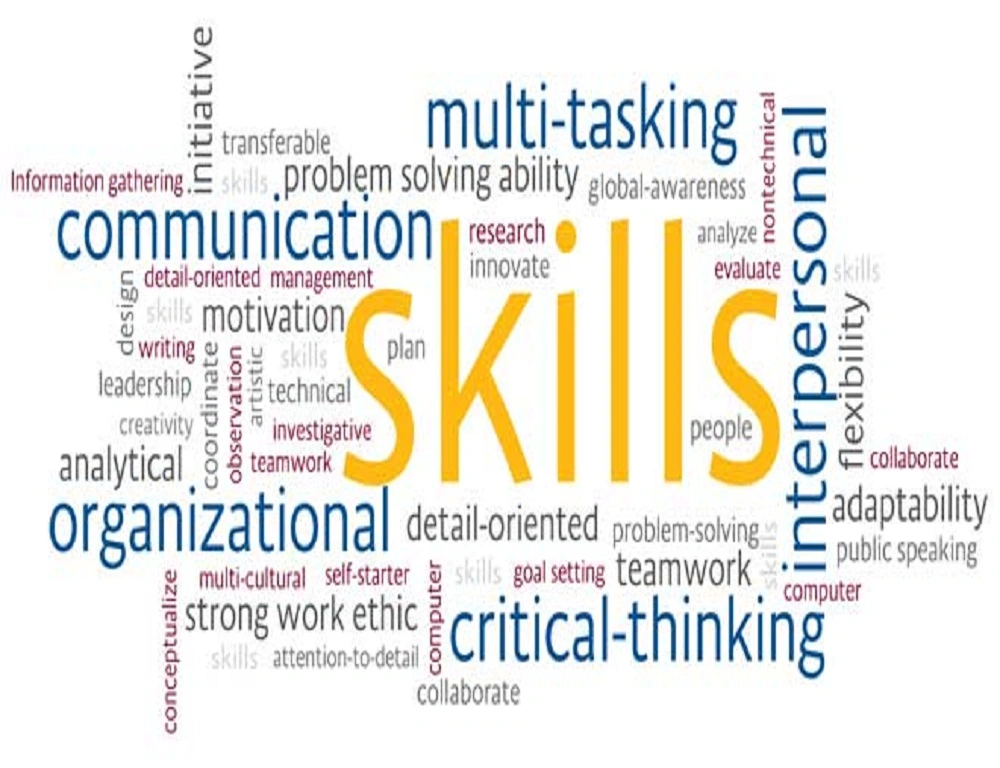University life represents a crucial turning point for students, transitioning from structured high school environments to independent living. This shift requires a robust set of life skills to navigate academic challenges, manage personal responsibilities, and build a successful future. This article outlines key life skills that every university student should develop to thrive during their studies and beyond.

Understanding Life Skills
Life skills encompass a range of competencies that enable individuals to deal with various challenges effectively. For university students, acquiring these skills is essential not only for academic achievement but also for personal development and preparing for the workforce. By honing these skills, students can better manage their time, finances, relationships, and overall well-being.
Crucial Life Skills for University Students
1. Time Management
In university, students often face a demanding schedule filled with classes, assignments, extracurricular activities, and social events.
- Prioritize Tasks: Learn to differentiate between urgent and important tasks to focus on what matters most.
- Establish Routines: Develop daily and weekly routines that promote productivity and consistency.
- Utilize Tools: Use planners, calendars, or apps to track deadlines and commitments.
2. Effective Communication
Being able to communicate effectively is vital for collaboration and establishing connections in both academic and professional settings.
- Oral Communication: Practice delivering clear and concise presentations and participating in discussions.
- Written Communication: Enhance writing skills for essays, reports, and professional correspondence.
- Non-Verbal Communication: Be aware of body language and tone, which can significantly impact interactions.
3. Financial Management
Understanding financial principles is crucial for managing expenses and preparing for future financial responsibilities.
- Create a Budget: Track income and expenses to maintain control over finances.
- Plan for the Future: Consider saving for emergencies, future studies, or travel.
- Understand Credit: Educate yourself about loans, credit cards, and interest rates to make informed financial decisions.
4. Critical Thinking and Problem-Solving
These skills empower students to analyze information, evaluate options, and make reasoned decisions.
- Analyze Information: Learn to assess arguments and identify biases in sources.
- Creative Problem-Solving: Develop innovative solutions by thinking outside the box and considering various approaches.
- Reflect on Decisions: After making choices, evaluate their outcomes to improve future decision-making processes.
5. Resilience and Adaptability
The ability to adapt to new circumstances and bounce back from setbacks is essential for personal and academic success.
- Embrace Change: View new experiences as opportunities for growth rather than obstacles.
- Cultivate a Growth Mindset: Recognize that abilities can be developed through dedication and effort.
- Learn from Failures: Use setbacks as lessons to refine strategies and improve resilience.
6. Networking Skills
Building a strong professional network can greatly benefit students during and after their university experience.
- Participate in Campus Activities: Engage in clubs, workshops, and events to meet like-minded individuals.
- Connect with Faculty: Establish relationships with professors who can provide guidance and recommendations.
- Utilize Online Platforms: Use LinkedIn and other social media to connect with industry professionals and alumni.
7. Self-Care and Stress Management
Prioritizing mental and physical well-being is critical for maintaining balance during the university experience.
- Develop Healthy Habits: Incorporate regular exercise, a nutritious diet, and adequate sleep into your routine.
- Practice Mindfulness: Engage in mindfulness techniques, such as meditation or yoga, to manage stress.
- Reach Out for Support: Utilize university counseling services and support groups when needed.
Conclusion
Developing essential life skills is a fundamental aspect of the university experience. By focusing on time management, effective communication, financial literacy, critical thinking, resilience, networking, and self-care, students can navigate their academic paths more successfully and prepare for life beyond university. Embracing these skills not only fosters personal growth but also enhances opportunities for success in both academic and professional endeavors.